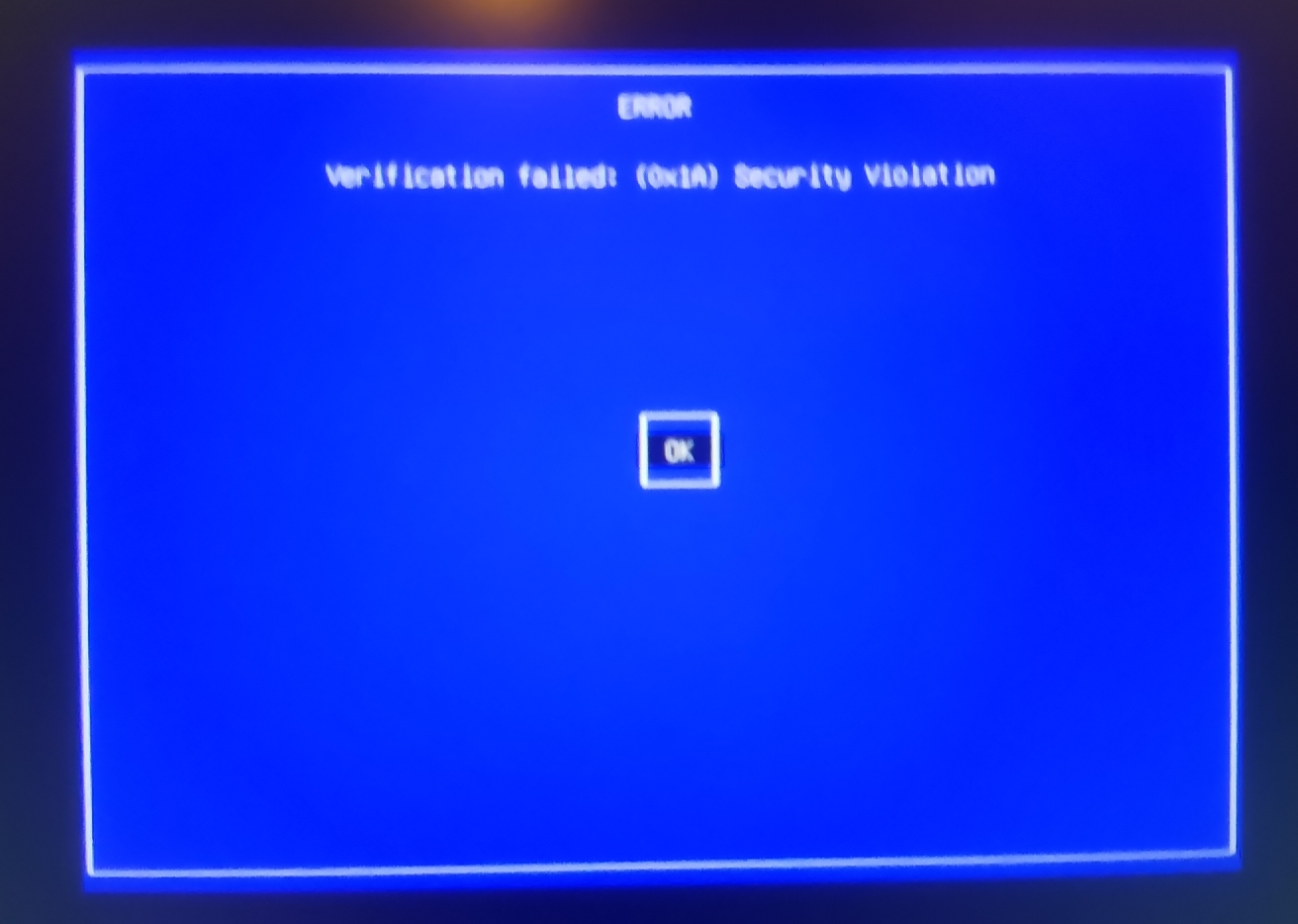Hi folks,
I have a problem, a big problem. I have posted a thread over at the Debian forums, but I’m unfortunately in a hurry (my workstation is bricked) so I’m going to cross-post it here (Skullgrid@lemmy.world kindly redirected me to this community for help).
I’m going to paste the text from the Debian help thread below, hopefully someone has an idea how I can pull myself out of this mess.
Quite a bit has happened, so I’ll give you a short version with what I think is essential information, and if you need other details please do ask.
Essentially, I tried getting the nvidia driver on a fresh Trixie install using this tutorial (https://fostips.com/install-nvidia-driver-in-debian-13/). I reached the part where it says “After reinstalled the driver, restart your computer.”, that’s when the terminal turned blue and told me with big centered text that the free driver (?) was already installed and it’s conflicting with the new one I am trying to install, but I just need to reboot in order to solve the conflict. So I rebooted and I was greeted by the following prompt.
This goes nowhere, it never boots into Debian. Thinking I had broken Debian, I thought to myself, no big deal, Debian had an issue anyways (see https://forums.debian.net/viewtopic.php?p=827488), I’ll try another random distro (Bazzite) see if it helps. But after installing Bazzite over Trixie, I got the following prompts at boot :
(this one is a bit blurry, it says “Verification failed: (0x1A) Security Violation”)

If I go for “Continue boot” it just cycles over and over again on these prompts. And I don’t know what to make of the other choices here.
I can see it’s related to the operation I did with the nvidia driver, but I don’t understand how the problem wasn’t solved by wiping my drive with another distro ? twice… now I have tried with Nobara as well, only to get the same prompts. How can I solve this issue ? my computer is bricked and I really hope that’s fixable. Anyone has a clue ?
Like I said, don’t hesitate to ask if there’s something I haven’t said…
Cheers,





Ok, I see. I like less hand-holding, as long as I know what I am doing a little bit. I heard how Arch was more barebones and the install process was a lot more manual. I guess I will play with it now that I have a windows-free drive sitting there…
You mention it’s the same install, does that mean upgrades never break your system? I just read about btrfs and the possibility of making snapshots. Is it the same thing?
Fortunately CachyOS has an installer just like anything.
It’s really not that different. “Hands on” is kinda the wrong word, as is “less preconfigured” as I described it. I think the more accurate term is “requires passive attention.”
So in Ubuntu (back when I used it starting with Linux), it didn’t get a ton of updates outside security. It doesn’t change much. If something goes wrong, I troubleshoot and usually conclude… well, the bug is known, and something needs updating if I want it to work.
Then what? Do I roll the old package forward manually and basically maintain my own “patch” on the system? Do I maintain some weird custom workaround/install? I did a lot of both, and it both ate a ton of time and gradually broke my “easy don’t mess with it” system.
CachyOS is totally different. Unless a problem is my stupid fault, my troubleshooting process the past two years has been “flag if necessary, maybe roll back one version temporarily, and it gets fixed in days, if not hours”. But rarely (like less than seasonally), a package does get borked, or a text warning comes down the pipe like “we can’t automatically change this for you via pacman but you should really really change this config.”
That’s a perfect example of how Arch expects a basic level of attentiveness from the user. Nothing hard. But more than required for, say, Windows.
And the benefit (in my experience) is enormous.
I don’t mean to glaze Arch/Cachy so much. Other distros are similar, and I’d recommend trying openSUSE Tumbleweed in particular. The philisophy is similar, and SUSE does an outstanding job maintaining it.